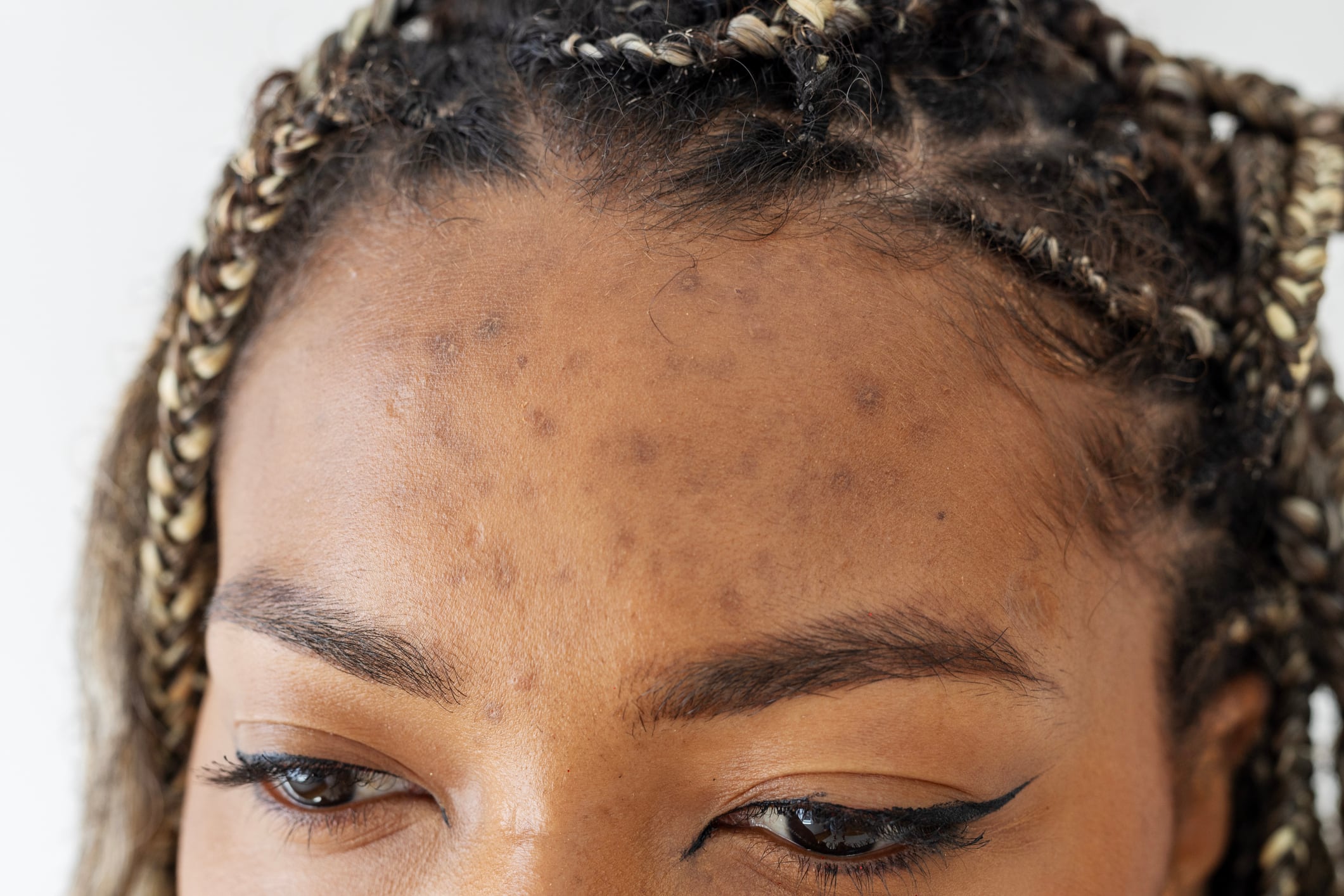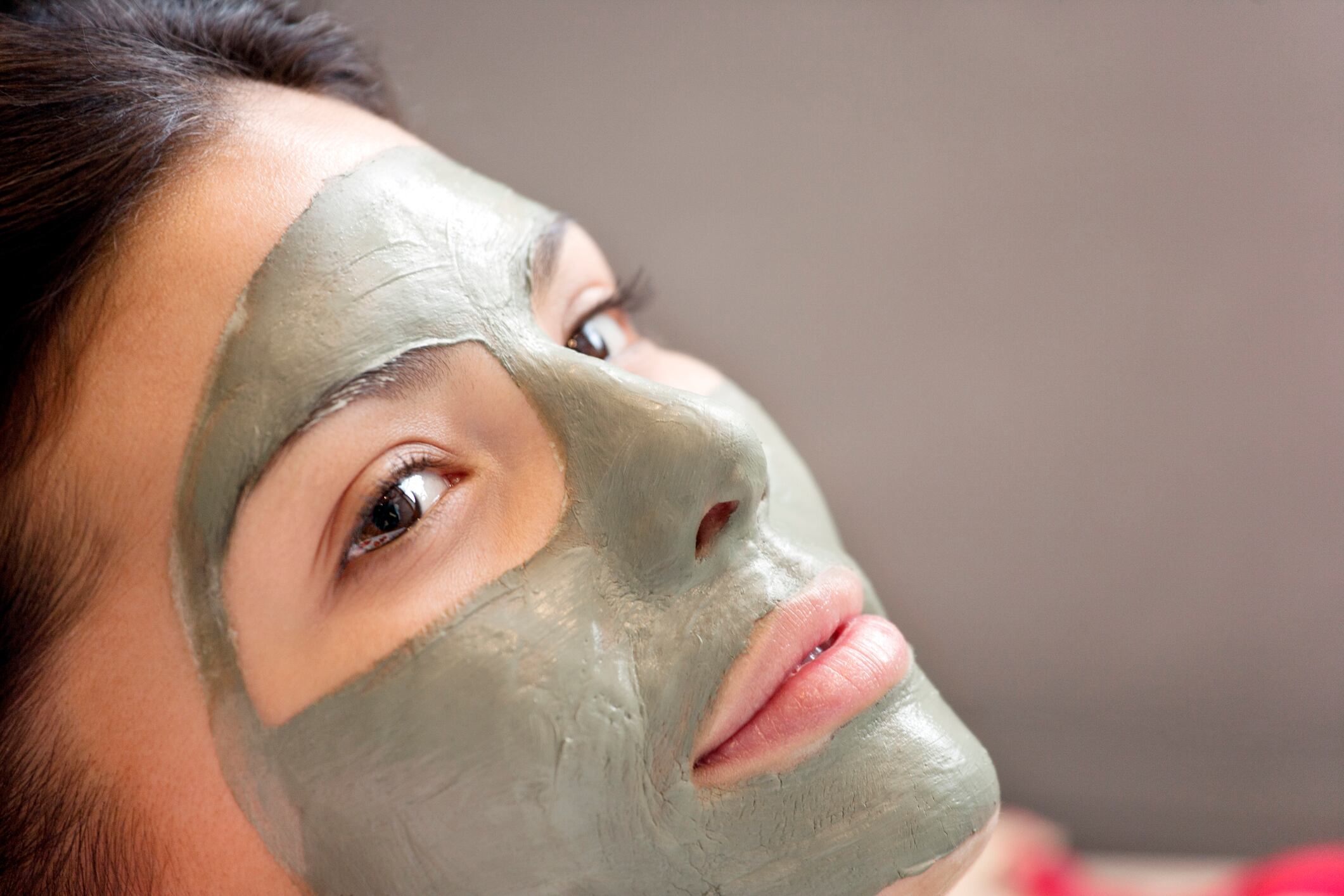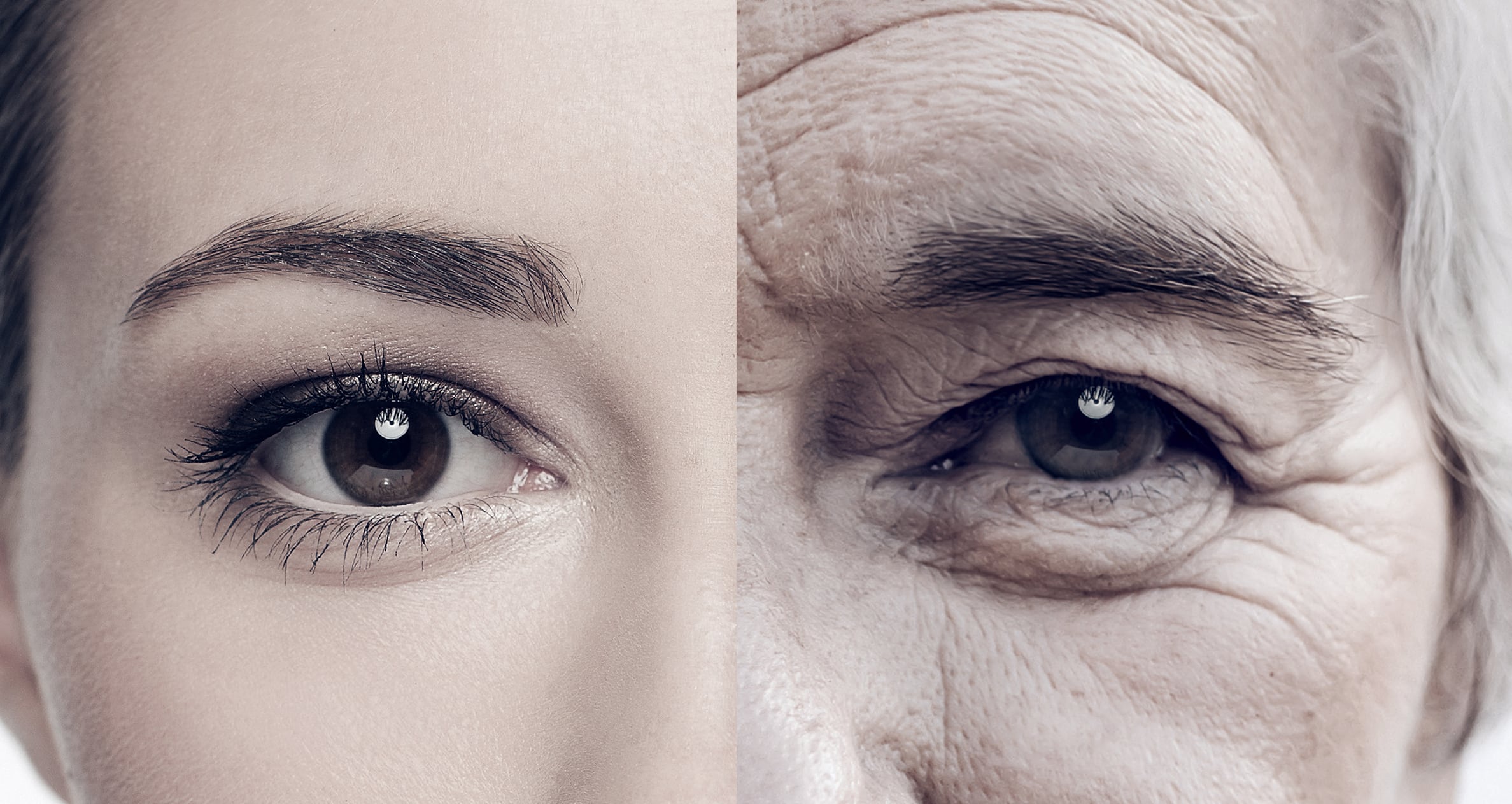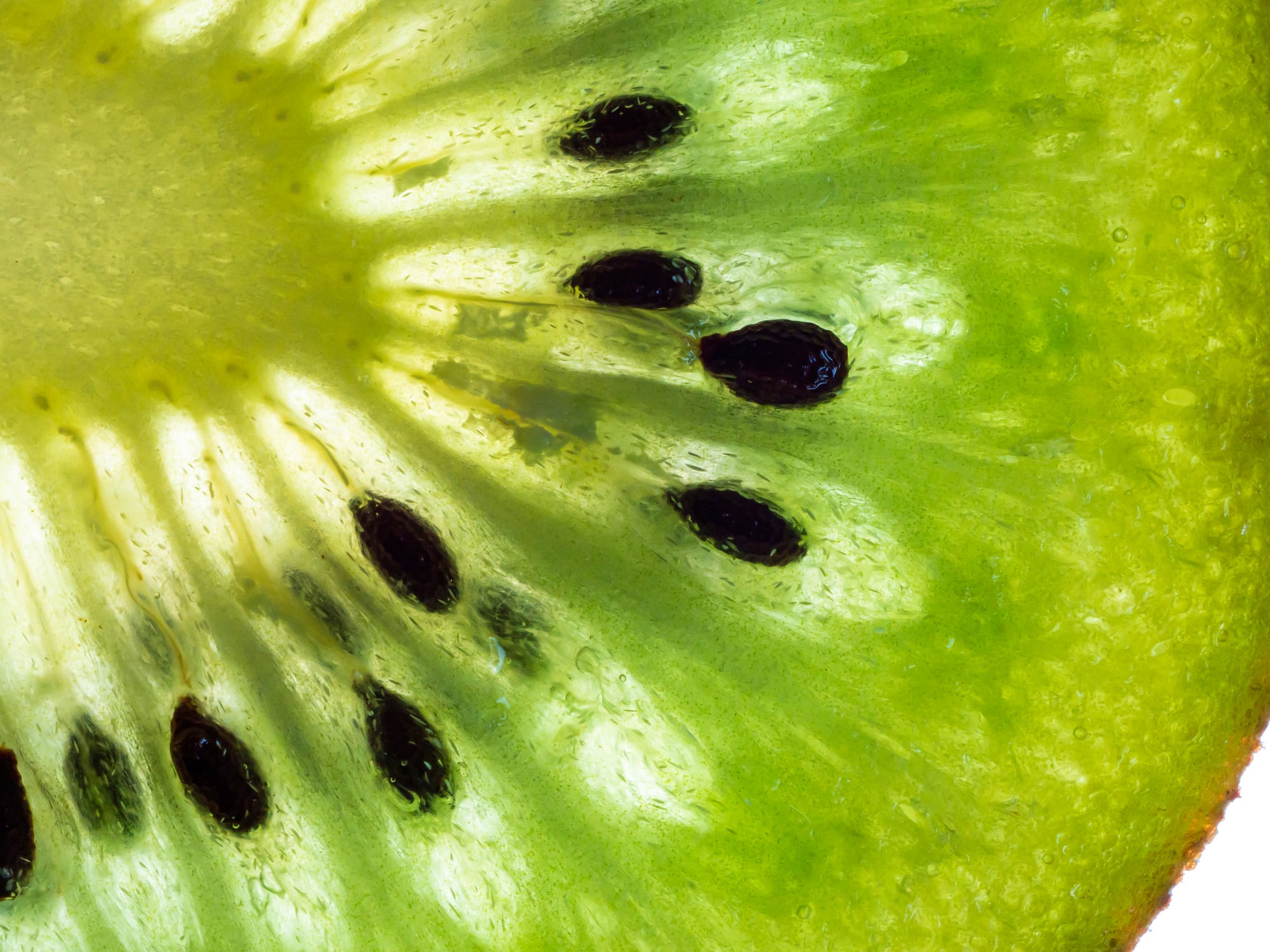A new clinical study published in the scientific journal Cosmetics highlights the potential of Australian Jellybush honey extract as a natural ingredient for reducing post-acne scarring, including in individuals with darker skin tones, where effective treatment options can be more limited.
Supported by both lab and clinical findings, the extract may offer formulators a new approach to managing scar appearance and improving skin recovery across all phototypes.
A natural extract with scar-healing potential
The study was led by researchers from Lucas Meyer Cosmetics by Clariant, which also funded the research, in collaboration with Southern Cross Botanicals. It investigated the effects of a 2% concentration of Jellybush honey extract on several biological processes involved in skin repair.
“In vitro, the extract reduced IL-8 production by 42%, decreased reactive oxygen species by 14.6%, and increased pro-collagen I synthesis by 28%,” the researchers reported. These changes correspond to a reduction in inflammation and oxidative stress, along with improved collagen production, which are factors that directly influence scar development.
The extract also accelerated new skin formation in a lab-grown skin model and was shown to modulate gene expression tied to barrier function, inflammatory response, and tissue remodeling.
Clinical improvements across diverse skin tones
In a double-blind clinical study, 21 participants with acne scars, representing skin phototypes II through VI, used either a placebo cream or a formulation containing 2% Jellybush honey extract over an eight-week period.
“Skin homogeneity improved by 15%, scar surface area decreased by 3%, and atrophic and hypertrophic scar dimensions were reduced by 9% and 16%, respectively,” the researchers reported, and the improvements in tone and texture were observed across all skin types.
Supports balanced healing without overstimulation
One of the study’s key findings is the extract’s ability to support healthy wound healing without overstimulating the skin or causing side effects. “This calibrated activity represents a key therapeutic advantage in wound management,” the researchers wrote.
By helping regulate collagen production, limit oxidative stress, and strengthen the skin barrier, Jellybush honey extract showed a balanced approach to scar reduction. These properties are especially relevant when formulating for darker skin tones, which are more prone to inflammation-related hyperpigmentation and complex scarring patterns.
Formulation relevance for inclusive skin care
The extract’s performance across all phototypes points to opportunities in inclusive skin care formulation. The researchers noted its potential as a plant-based alternative to conventional scar treatments such as lasers or chemical peels, which often involve high cost, discomfort, or risk, particularly for melanin-rich skin.
“This consideration of skin color diversity is particularly important as individuals with highly pigmented skin are more susceptible to developing complex scarring,” the authors wrote.
In addition to clinical gains, participants reported personal improvement. “The significant improvement in self-assessment scores observed after just 4 weeks of Jellybush honey application” suggests early results had a meaningful impact on how individuals felt about their skin, the researchers added.
Source: Cosmetics, 2025, 12, 224. doi: 10.3390/cosmetics12050224, “Jellybush Honey Extract: A Solution for Enhanced Wound Healing and Scar Reduction Across Diverse Skin Phototypes.” Authors: J. Leignadier, et al.





